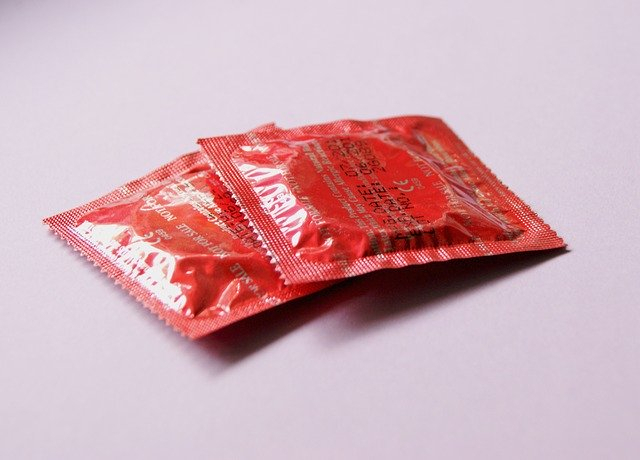Vietnam police have seized around 345,000 used condoms which were first washed, dried, and then resold to the customers as a new one, state media reported. The footage acquired by the Vietnam Television (VTV) showed that dozens of large plastic bags, containing all used condoms that lay strewn across the floor of a warehouse in Vietnam's southern province of Binh Duong.
As per the local police, these bags contained more than 360 kg of used contraceptives, which is equivalent to almost 345,000 condoms. The person who runs the warehouse said that they had received used condoms every month, from an unknown person.

The police detained a woman for her suspected connection to this operation. According to reports, she said that these used condoms were first boiled in water, later dried and then reshaped on a wooden phallus (which look like when erect).
After this process, the used condoms are put into packets and send for resale. The woman also told the police that she used to get $0.17 for every kilogram of recycled condoms.
However, as of now, it is not clear how many of these recycled condoms had been sold to the customers.
Can Condoms be Reused?
Like toilet paper, sanitary pads, and tampons, condoms are a single-use item. In case, people think that there is no harm to reuse a condom, which was washed properly, they should know that the contraceptive doesn't work in that way.
Elizabeth Torrone, an epidemiologist with the CDC's Division of STD Prevention said, "Condoms prevent the spread of most STDs and likely reduce the risk of all STDs, but a condom is only effective when used correctly. Incorrect use, such as reusing a condom or using more than one at a time, diminishes the protective effect of condoms by leading to condom breakage, slippage, or leakage," she added.
Reusing a condom became such a concern, and since many people continue to reuse the contraceptive that the US Centers for Disease Control and Prevention (CDC) had to post a tweet to warn people.
We say it because people do it: Don't wash or reuse #condoms! Use a fresh one for each #sex act. https://t.co/o3SPayRf9m pic.twitter.com/AwkPqE9YMl
— CDC STD (@CDCSTD) July 23, 2018
As per a report, not only the soap and water combo do not work against sexually transmitted diseases, but the act of trying to clean the latex also makes it more likely to break, and then when used it may cause unexpected pregnancy.









